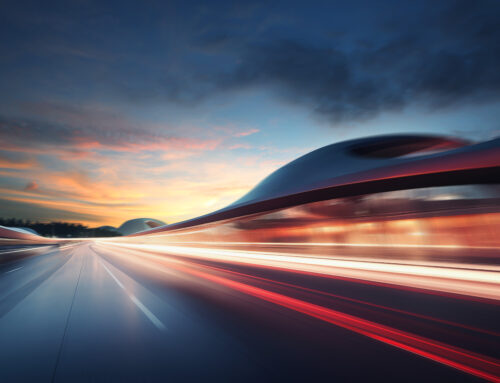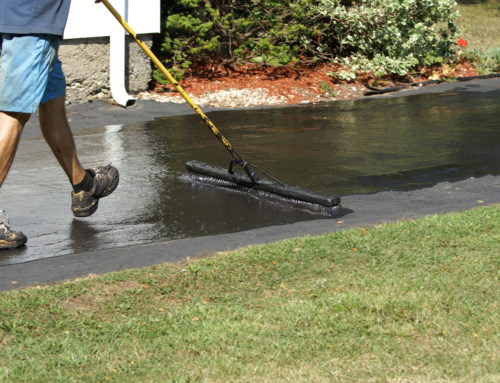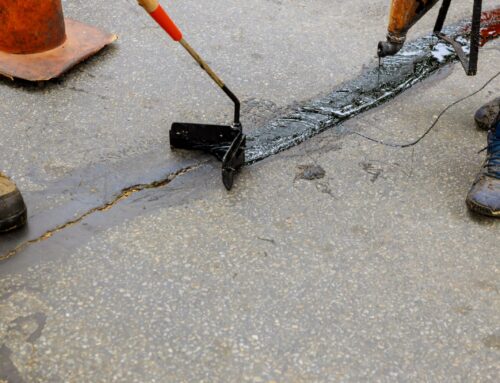Every year in our theaters we see fantastical futures of flying cars, robot companions and A.I. All month long we have looked and talked about the very real innovations coming along, whether they are driving on the roads or the roads themselves.
Roadways are being looked at as new sources of power, of adaptable surfaces to create safer situations for drivers at night. Meanwhile, others are looking to eliminate the need for drivers entirely. With 214 million licensed drivers in the U.S. alone, it is an industry that will constantly be going through changes through all angles, all working towards the same goals of being safer, easier and being faster.
All these possible things, but will they happen? Surely the steady rise of automation in other fields, the increased ability to work remotely, etc. will alleviate the rate of accidents or congestion on the roads in their way, wouldn’t they? After all, transportation is still a facet of civilization in a vacuum. It is a manifestation of our need to move. Internal combustion engines were introduced just over a hundred years ago and now look at how they have changed the landscape of human civilization.
Roads have been an integral part of settled human civilizations and while the means of transport changes, the importance of that physical connectivity will likely always remain. Whether it is goods shipped across nations via driverless cars or families taking a road trip to the national park, roads are here to stay be they solar paneled, electric. or traditional asphalt.



